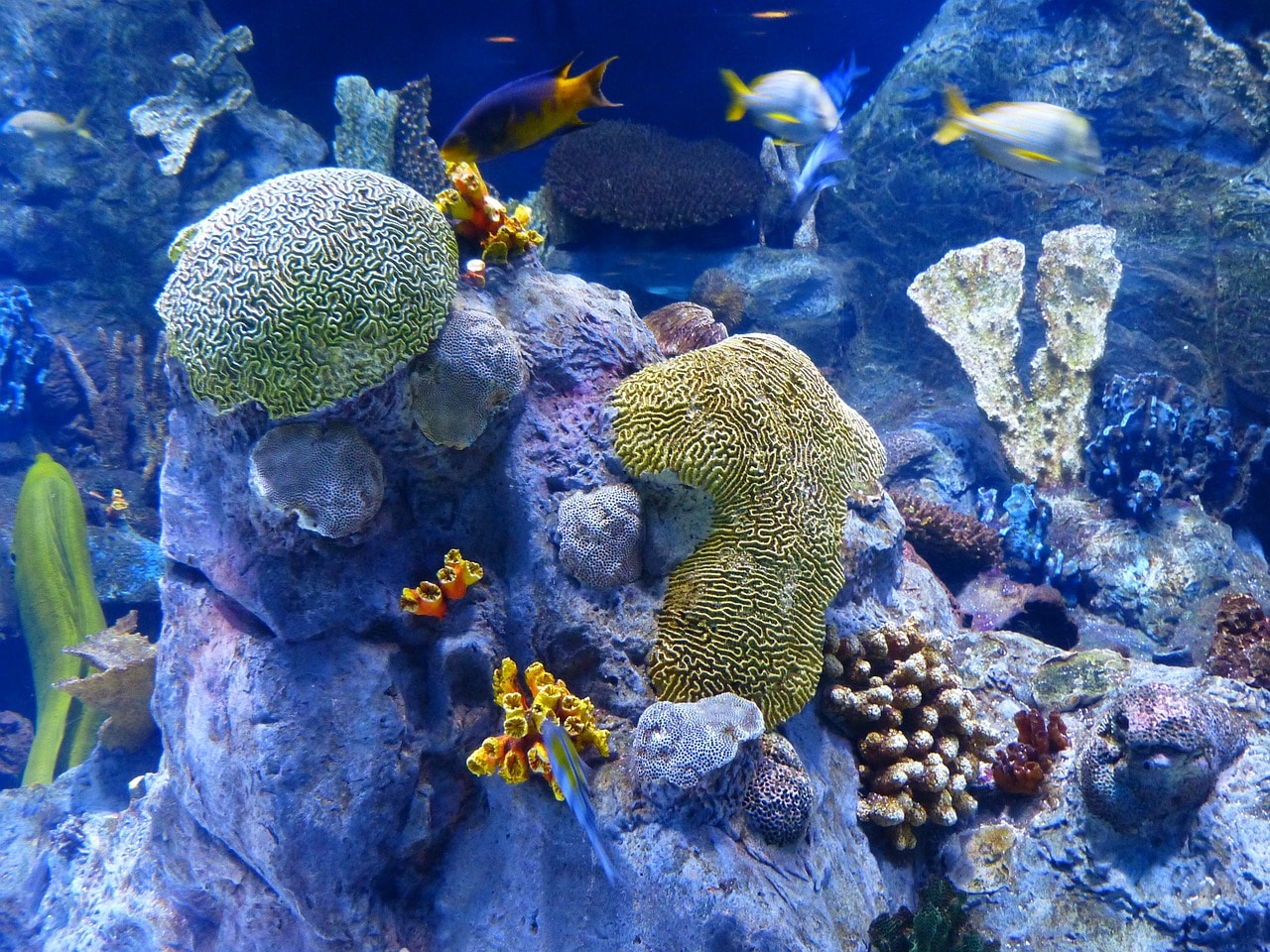Science has brought us, humans, a long way. It has pushed us to build airplanes, motor vehicles, discover electricity, accompanied by countless appliances, and above all else, has led us towards also discovering technology.
Technology was born with the purpose to solve some type of problem or fulfill a need. In this case, it has worked with scientists to study the earth, and most prominently, help save the coral reefs.
Can the Coral Reefs be Saved?
It’s a question that, if you knew how badly the coral reefs were being affected by the increased temperatures of the sun, you’d continue asking.
Well, after much worry and endless research, including tests that have been done on the sustainability and recreation of coral reefs, scientists have finally concluded.
They are more than capable of saving the coral reefs.
Known as the rainforests of the sea, coral reefs do quite a lot for the earth, including providing food, support wildlife and thousands of living organisms, creates jobs, and protects up to 500 million people, providing a barrier for coastal protection purposes.
However, human activity, along with increased global warming, continues to harm these special seaside rainforests.
Luckily, science has reached a point where an international group of scientists has surveyed over 2,500 coral reef habitats, across 44 different countries, which provided them with efficient data to save them.
The scientists studied coral abundance in the Pacific and Indian oceans, which led them to find many reef systems still flourishing, despite the effects of global warming. The study was published in a journal, Nature Ecology, and Evolution.
The group of scientist’s study shows that it’s not too late to save them and by safeguarding coral reefs from this point forward, will help save them and sustain them for future generations.
Buy water cooler and rent water cooler from Living-Water in London.






